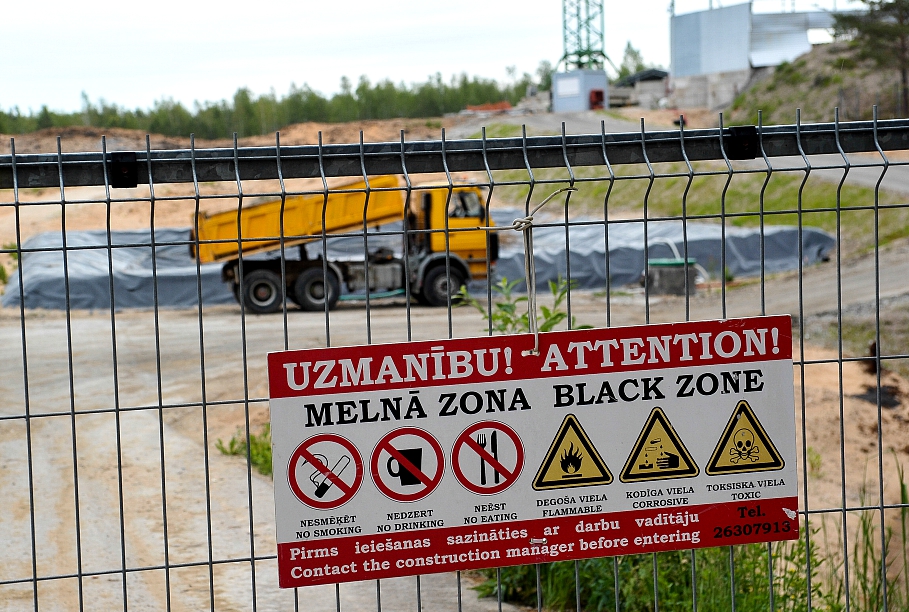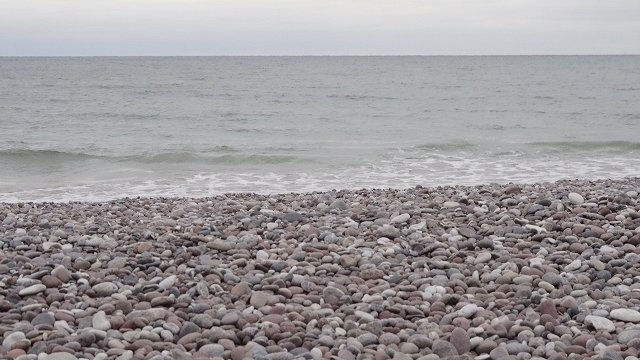As the European Commission (EC) officials still have not supported the previous raise of the costs by €16.5m, the Latvian side is currently hoping that the previously granted EU funds can still be saved.
In the heat of the summer, the State Environmental Service (VVD) terminated the toxic waste clean-up contract, as the contracted company Skonto būve could not cleanse the ponds for the previously agreed upon amount.
While Guntis Rāvis, the head of Skonto Būve, blasted VVD for "misleading" the business, general director Inga Koļegova of the VVD said that the other party had entered the contract without full knowledge of the complexity of the object and the agreement.
In spring, Skonto Būve estimated that removing all the pollution would cost €11m more than previously estimated €42m.
"As the EC was and remains skeptical about the first raise of costs, this second funding grant is simply impossible," said Diāna Rancāne, head of the EU Funding oversight department at the Ministry of Finance.
The first sum agreed for the clean-up was €29m, of which 70% would be covered by EU funds. The state would only pay €8.7m. Of this sum, €28.5m would go to Skonto Būve, though about three years after concluding the contract, the construction company said that the sulfuric acid tar is different than previously thought.
And even though the Magnusson lawyer firm, which was hired to evaluate the contract, said that there's no legal basis to amend the contract, officials opted for doing it anyway. Last year, the total costs of the project grew by a further €16.5m, reaching a total of €45.5m.
However, it is uncertain if Latvia will have access to EU funds due to these debacles. This, in turn, would create a deficit in the state budget.
"As of now we're still answering to the EC's questions. The EC is not very confident about the justification of several aspects - the price tag, the contract amendments, about all that has happened. That's why the talks with the EC are about receiving the €18-20m that have been invested into an unfinished object," said Rancāne.
€26.47m have been paid to the construction company, and VVD is about to announce a new tender. The service still hopes that the winner of the tender could finish the job for the remainder of €16.2m. Though it's uncertain whether it could. Some of the assignments, which were included in the contract with Skonto būve, were removed in the amendments, so the maximum project cost ceiling wouldn't be reached.
Though EC officials have been less than happy with these amendments. The removed assignments will probably have to be reintroduced, and the next contractor will want to be paid for fulfilling the tasks.
While Skonto būve is coming under flak for the failed contract, there's surprisingly little attention paid to officials, who have allowed the project costs to spiral to the maximum and created a risk of losing the EU fund money. Though playing the blame game isn't a priority as of now.
"Now we want to prevent the harm and to save the funds of the state," said Kaspars Gerhards (National Alliance), Latvian Minister for Environmental Protection and Regional Development.






























